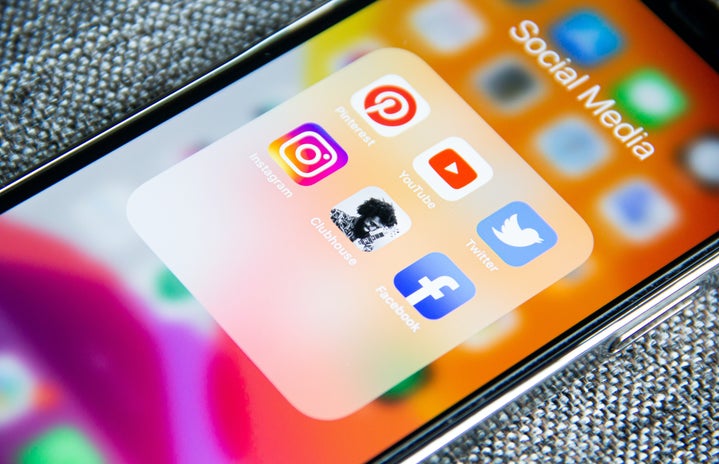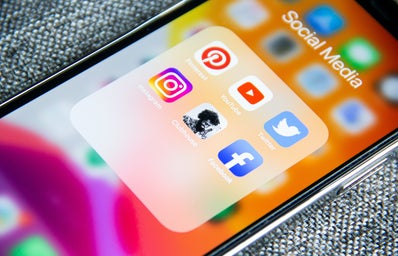Recently, Instagram announced it would start to trial hiding likes from users in some areas of the US. Although the response would suggest otherwise, Instagram has already been trialling the system in Canada (since April in fact), along with Ireland, Italy, Japan, Brazil, Australia and New Zealand. This move is the latest in Instagram’s new safer Internet rhetoric. If you’re a keen Instagram user, you’ll probably also have spotted its anti-cyber-bullying campaign launched in the last few weeks. The response to this has been divisive, to say the least, with some praising the company for creating a more positive social media space and others threatening to boycott the platform. So, what’s the deal? Is this move going to damage a social media company that people are already ditching? Or is it a good first step towards reversing the ‘like-thirsty’ culture we seem to have got stuck in?
First off, let’s look at the pro’s: At the Wired 25 Conference, CEO of Instagram, Adam Mosseri, said that the idea behind removing likes is to “depressurise Instagram” and “make it less of a competition” (CNN). Well, that seems good. Instagram has become a place which fuels low self-esteem and encourages comparison between friends, family and celebrities. The ‘perfect life’ narrative set up by many influencers feeds straight into our need to feel as though we measure up to everyone else. In a move some might find surprising, Kim Kardashian West has supported the change, saying she thinks removing likes “would be really beneficial for people.” Very non-specific comment aside, Kim may be right. After all, the main aim behind the move is to encourage people to post more authentically, without worrying about how other people perceive it. Surely this is ultimately a good thing. Bearing all this in mind then, why do so many people feel so opposed to this decision?
What it all seems to boil down to is the fear that the removal of likes will trigger a complete lack of engagement on Instagram, with no one bothering to like anyone else’s posts. In a study conducted at UCLA (https://www.psychologicalscience.org/news/releases/social-media-likes-impact-teens-brains-and-behavior.html#.WRmxuXTyvKI ), researchers found that teen brain circuits responded to likes in the same way as if they were eating chocolate or winning money. Not only that, but they also found that the teens were far more likely to like a photo which already had a significant number of likes, demonstrating the importance of peer approval in conformity. Instagram was founded based on the ability to like content and it quickly became the motivation to post. If removed, will Instagram face a drop in users? According to responses from Nicki Minaj and Cardi B, yes. Both rappers have already threatened to boycott the platform following the removal of likes, raising the possibility that others will follow suit.
It’s not only personal accounts that may face issues, however. There are worries that this may affect many small business owners who rely on Instagram to promote and grow their businesses. For example, a (hypothetical) business account may have 600 followers and average 200-300 likes per post. The more likes a post gets, the more likely it is to end up on the Explore page. One post does extremely well and lands on the Explore page, getting 1200 likes. The account grows to 800 followers. Etc. Etc. The worry is that if people do stop liking posts, it severely limits the potential of businesses to grow and they become stuck.
In an interview with Buzzfeed, however, Grace Atwood (127k followers) points out that everyone’s engagement will decrease and “[so] brands will start to value other metrics, [such as] saves, comments, shares, etc.” She concludes by saying “I’m actually looking forward to seeing likes go away and getting back to posting what I like.” And this is a valid point. At its creation, Instagram wasn’t about the likes, but about posting and sharing things that you want to. The likes phenomenon has been relatively recent.
Ultimately, although a boring conclusion, we will just have to wait and see what happens. It does seem very probable that this is a feature which will be implemented, especially as the outcry over Instagram’s algorithm change did nothing to stop its release. Honestly, I’m all in favour of the change. Throughout my time on Instagram, I’ve changed myself and my posts to fit in with what people liked more and archived the posts which didn’t do so well, even if I liked them. The removal of likes may well be the encouragement we all need to stand back and look at why we value them so much.


